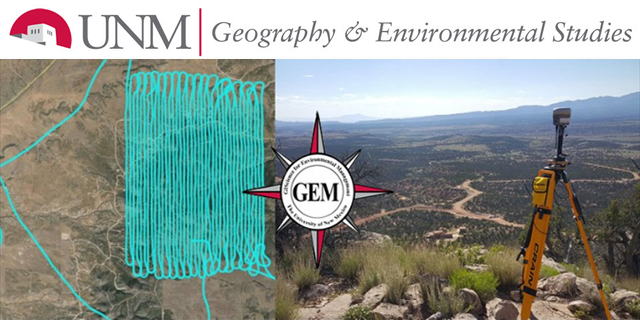
Geography ETDs
Publication Date
Spring 4-15-2020
Abstract
Rural community drinking water systems in New Mexico are facing many challenges, including a lack of personnel, deteriorating infrastructure, lack of funds, overly burdensome and confusing regulation, environmental concerns, and concerns over water rights. Governing agencies are creating vulnerability by making managers prioritize some issues and neglect others. Water systems designated a Mutual Domestic Water Consumers Associations are especially problematic because they are small and managed by volunteers but have as much regulatory burden as larger municipalities. I use the theory of institutional work to explain how an institution that was originally designed to help low-income and rural communities is now harming them. It is also a racially discriminatory institution as these water systems are more often in majority Hispanic communities. Instead of state agencies existing and serving community drinking water systems, the situation has flipped so that drinking water systems appear to be serving the existence of governing agencies.
Degree Name
Geography
Department Name
Geography
Level of Degree
Masters
First Committee Member (Chair)
Dr. Benjamin Warner
Second Committee Member
Dr. Chris Duvall
Third Committee Member
John Fleck
Document Type
Thesis
Language
English
Keywords
water, rural, institutions, vulnerability, governance
Recommended Citation
Colvin, Tucker. "DRINKING WATER GOVERNANCE FOR WHOM? AN INSTITUTIONAL ANALYSIS OF RURAL DRINKING WATER SYSTEMS IN NEW MEXICO." (2020). https://digitalrepository.unm.edu/geog_etds/50
